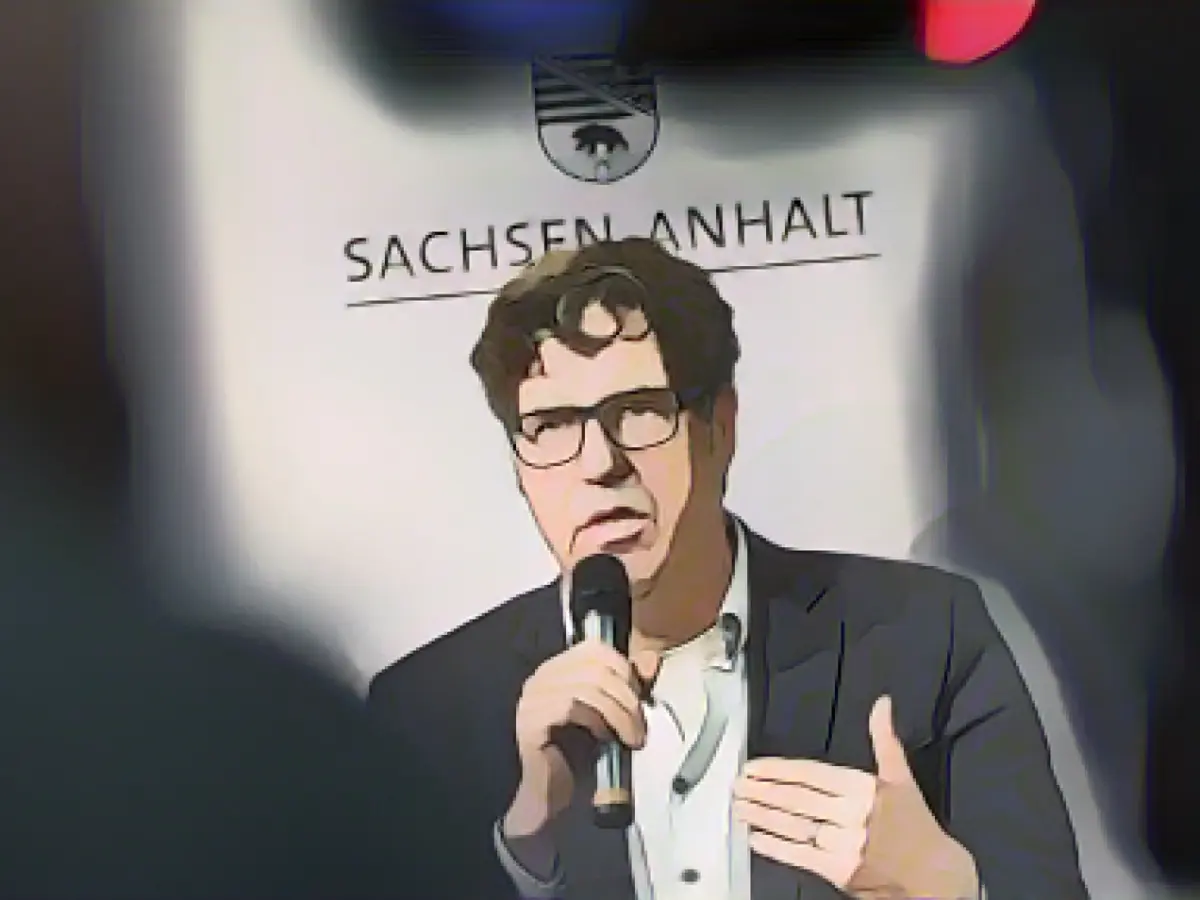Despite financial constraints, the coalition government, colloquially known as the "traffic light" government, remains steadfast in providing substantial subsidies to the tune of billions for industrial projects in eastern Germany, such as Intel's chip factory near Magdeburg and TSMC's in Dresden. Michael Kellner, Parliamentary State Secretary in the Federal Ministry of Economics, affirmed this to German Press Agency, emphasizing the agreement's benefits for eastern Germany.
Kellner asserted, "This traffic light agreement is advantageous for eastern Germany. Investments for transformation projects are secured. We are bolstering our nation's future economic strength with these funds, benefiting both large corporations and small-medium enterprises." It's worth noting that Chancellor Olaf Scholz (SPD), Economics Minister Robert Habeck (Greens), and Finance Minister Christian Lindner (FDP) had earlier announced an agreement in the budget dispute.
Carsten Schneider, Federal Government Commissioner for Eastern Europe and an SPD politician, also commended the agreement. Schneider mantled it as an essential signal indicating investments for the semiconductor industry in eastern Germany, including Intel in Magdeburg and TSMC in Dresden, are safeguarded.
Intel, a renowned American tech giant, aims to establish a new chip factory near Magdeburg, with an estimated investment of around 30 billion euros, of which the state will contribute approximately 10 billion euros. Meanwhile, TSMC, a prominent Taiwanese semiconductor company, intends to construct a semiconductor factory in Dresden with an investment of over 10 billion euros, with the state subsidy estimated at around 5 billion euros.
These projects are forecasted to generate thousands of new job opportunities in both locations. Additionally, the German government hopes to achieve increased strategic independence by producing computer chips domestically rather than relying on imports from Asia.
In light of the aforementioned, experts and politicians argue that it's crucial to provide financial support to essential industries in eastern Germany, like the semiconductor sector, for the country's long-term growth and stability. As reported by Stern, the coalition government, comprised of the SPD, Greens, and FDP, continues to back the subsidy for chip factories in eastern Germany, including projects like Intel and TSMC, despite the ongoing budget constraints.
Strategic and economic reasons support the German government's continued subsidies for chip factories in eastern Germany, including projects by Infineon in Dresden and Intel near Magdeburg. These reasons include:
- Reducing dependence on non-EU manufacturers
- Enhancing technological autonomy
- Strengthening the semiconductor hub in Dresden
- Flexible production capacities
- Supporting research and development
- Addressing supply chain resilience
- Compliance with EU state aid rules
The expected outcomes of these subsidies include:
- Increased production capacity
- Job creation and economic growth
- Enhanced technological capabilities
In conclusion, the German government's subsidies for chip factories in eastern Germany aim to fortify Europe's semiconductor industry, elevate technological autonomy, and bolster supply chain resilience, thereby paving the way for the EU's strategic goals in the microelectronics sector.








